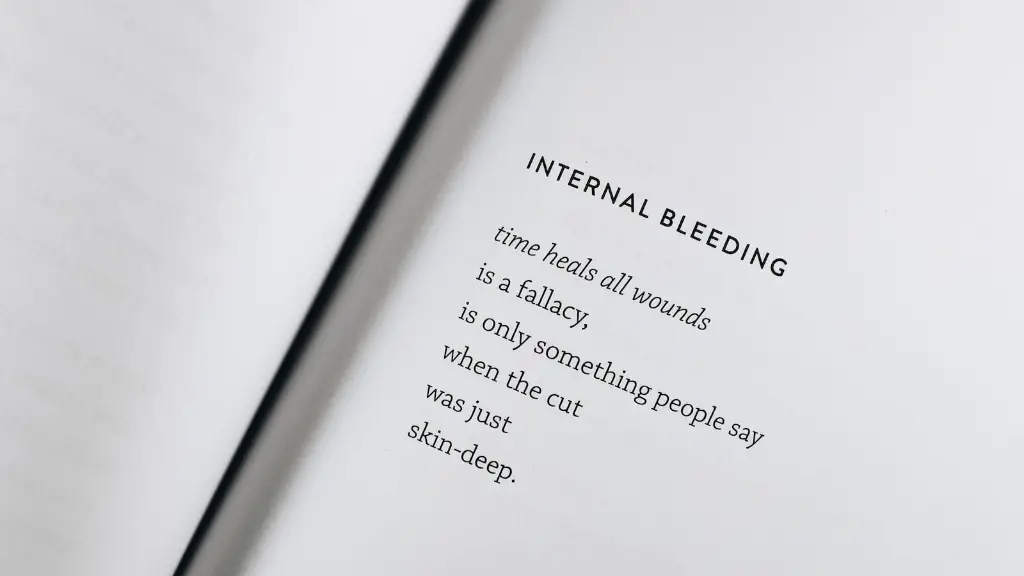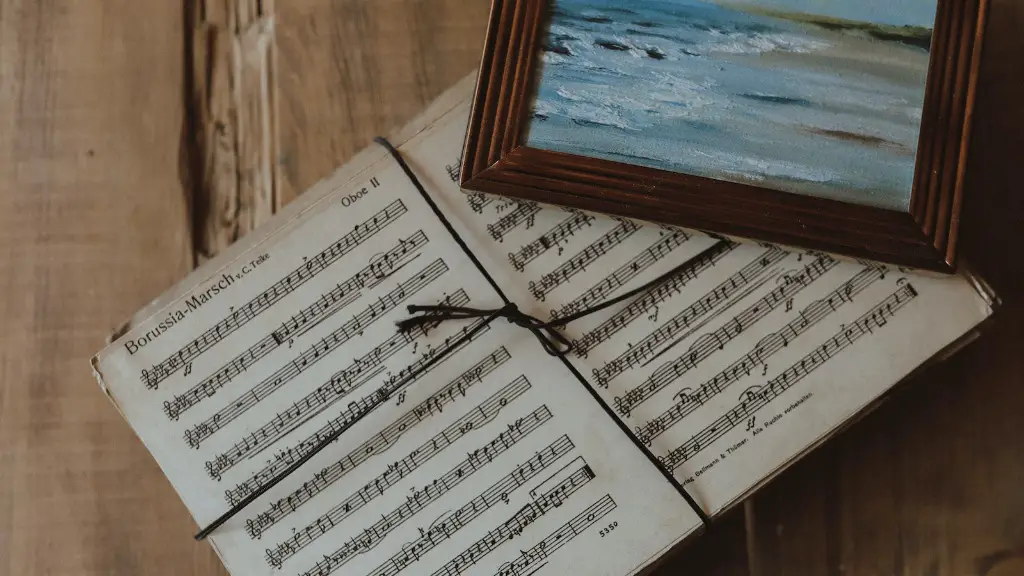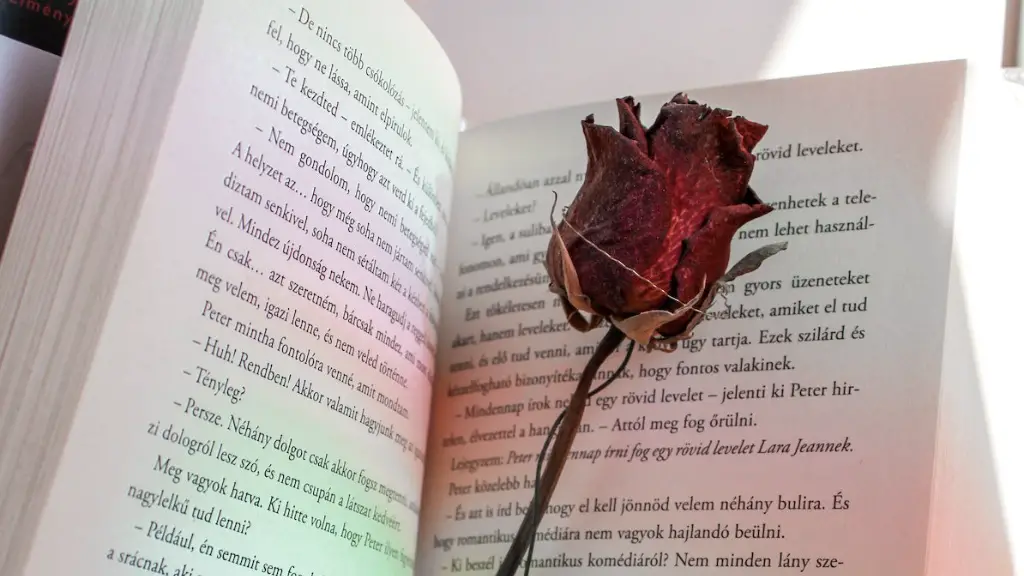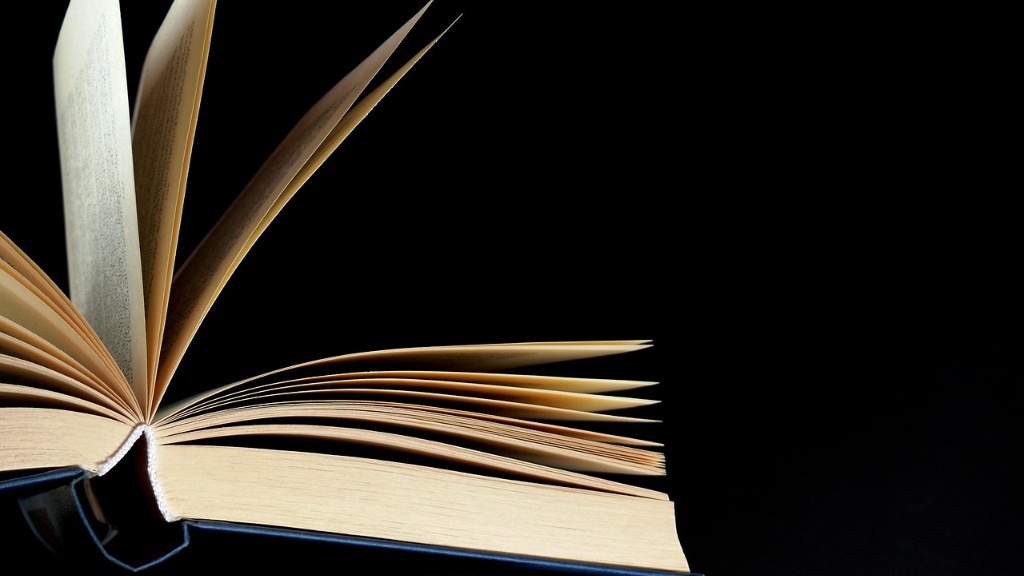Antiquity
The emergence of written poetry is thought to have begun in antiquity, as far back as 3,000 B.C. Historians suggest that poetry was born out of folk song and oral tradition, passed down through generations before it was written down. Additionally, many ancient civilizations, such as the Sumerians, had strict poetic forms, all of which were used for religious, political and cultural purposes. It’s likely that there were countless competing authors and poets of the time, but it’s difficult to identify any one person in particular who was the first to write poetry.
Early Example
One of the earliest known examples of written poetry is the Epic of Gilgamesh, an ancient Mesopotamian poem composed of a series of episodes written in cuneiform script. The story follows Gilgamesh, a king of Uruk, as he searches for immortality. He finds a friend in the wild man Enkidu and they embark on various adventures, ultimately dying in their own time. The Epic of Gilgamesh is believed to have been written over 5,000 years ago and is considered by many to be one of the earliest examples of poetry.
Early Poets
While it is unknown who the first poet was, there are several contenders for early authors. Homer, the ancient Greek poet, is perhaps the most famous. He is credited with writing the The Iliad and The Odyssey, two of the most influential works of ancient literature. It is believed that Homer’s epics were written somewhere between 750 and 650 B.C., making him one of the earliest known poets.
Additionally, Hesiod, another Greek poet, is often credited with writing the earliest-known poem, Works and Days, which was likely composed sometime in the 8th century B.C. This poem, as well as other works by Hesiod, were considered to be lessons on piety and practical advice, and were thus quite influential in their time.
Legacy
Poetry has had a significant impact on literature, culture, and society. It has provided an opportunity for people to express their thoughts and emotions in a creative and meaningful way. Additionally, it has been used to record the events and stories that have shaped civilization, forming an important part of our cultural heritage.
Traditional Contexts
Poetry has long been used as a source of inspiration and instruction. Ancient cultures often relied on poetry to pass on their beliefs, laws, and traditions. Poetry also served as a medium of storytelling, as it expressed events, adventures, and experiences in a more vivid and memorable fashion than prose.
Modern Contexts
Today, poetry is still used for similar purposes and for many, has become a powerful tool for self-expression. It is used in music, film, television, and literature. In addition, it is often used as a form of creative therapy, allowing people to express their feelings and thoughts on paper.
Contemporary Poetry
In recent years, there has been a resurgence of interest in writing and reading poetry. With the emergence of the internet and social media, poets now have access to a much larger audience and platform for self-expression. Many renowned poets can now be found online, and their works have quickly gained traction. While it is still not known who the first person to write poetry was, contemporary poets can take solace in the fact that they are part of a rich and vibrant tradition.
Style
While the earliest examples of written poetry were often composed in strict forms, contemporary poets have experimented with different styles and conventions to create their own unique works. From sonnets to haikus, there’s no one right way to write poetry; rather, today’s poets are encouraged to explore various forms and styles to create captivating stories and expressive works.
Education
In addition to creative expression, poetry has also become an important part of education. Many schools and universities now offer poetry classes, allowing students to explore the many forms of poetry, its history, and its role in society. It has also been used to enrich language learning, as many students are encouraged to read and write poems in foreign languages in order to become more proficient with the language.
Appreciation
Today, there are countless organizations, websites, and publications devoted to appreciating and promoting poetry. This has furthered the visibility of the art form, improving its accessibility to a wider audience. Many of these organizations have created platforms for poets to come together and share their works, creating deep and lasting connections within the poet community.
Forms
Poetry has undergone many transformations over the centuries. It has been used in comic books, visual art, film, and theatre, making it a truly diverse art form. Today, poets are further experimenting with the genre, incorporating everyday objects and technology into their work. This new brand of poetry, often referred to as ‘found poetry’, uses found images, text, and objects as its source material.
Experimentation
As poetry continues to evolve, many poets are also experimenting with structure and form. This has allowed them to produce more engaging and innovative works that go beyond the traditional conventions of the art form. This has also allowed them to further explore topics, such as social justice and race, using poetic techniques to express themselves in a powerful, meaningful way.
Publications
Poetry has always been a major player in the publishing world. Today, there are countless independent bookstores and publishing companies that specialize in poetry. These organizations showcase the works of both emerging and established poets, allowing them to reach a larger audience. Additionally, there are dozens of online poetry journals and magazines that promote up-and-coming poets, creating more opportunities for creative expression.
Competitions
To further promote the art form, many organizations, including universities and cultural centers, host annual poetry competitions. This has become a great way for poets to get their work out into the world and compete for recognition and awards. Additionally, some competitions are international, allowing poets to share their work with a global audience.
Conclusion
Poetry is an ancient art form that continues to captivate and inspire people. While it may never be known who the first poet was, contemporary poets are part of a vibrant and ever-growing community devoted to exploring and expanding the boundaries of the art form. With the emergence of new forms and platforms, modern poets are able to share their works with a wider and more varied audience, furthering the appreciation of the genre.



